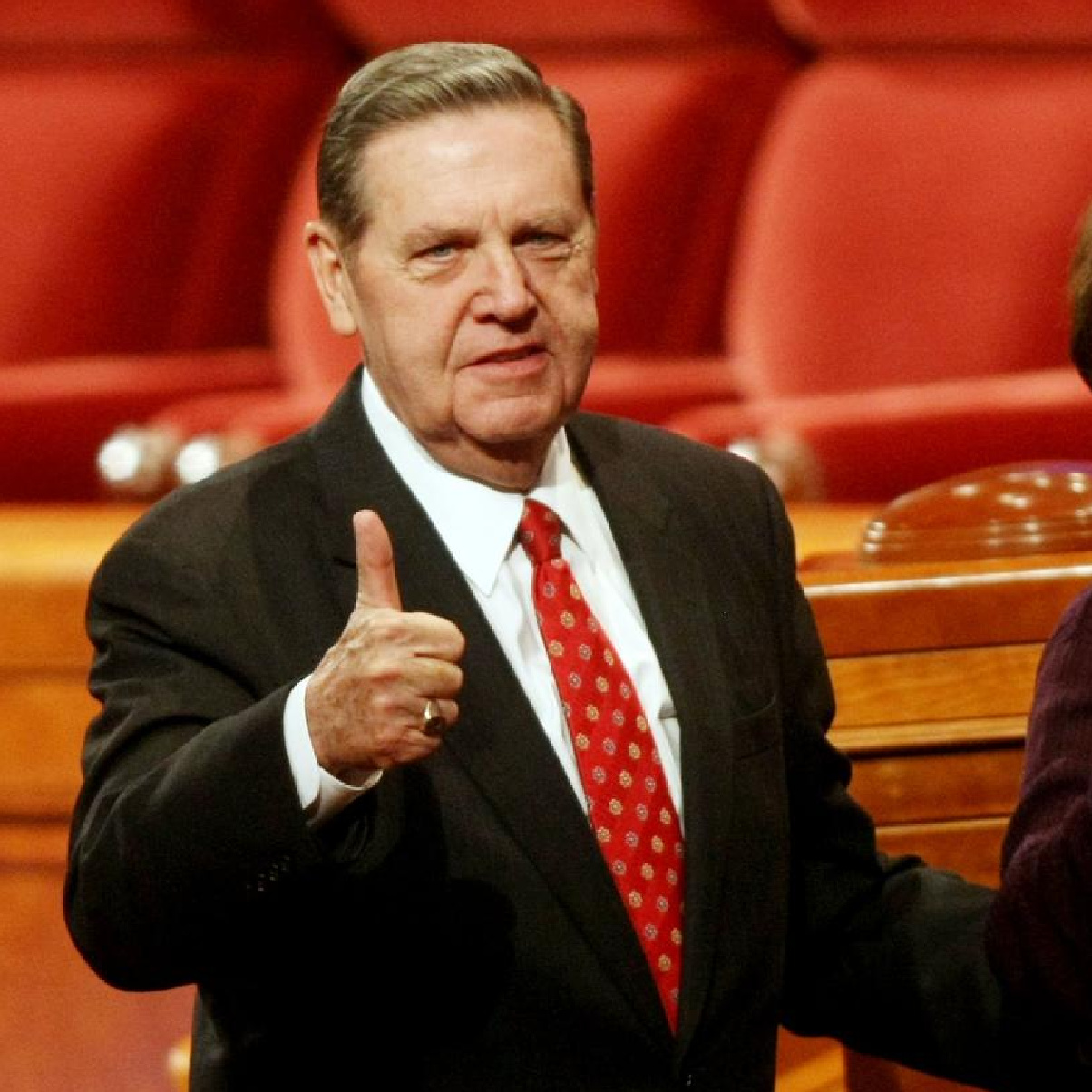Civil rights organizations have long been an important part of the fabric of The United States of America. Formalized organizations with the purpose of advocating for the legal rights of specific groups within the political framework of our nation began in the latter half of the nineteenth century and saw major growth in the early years of the twentieth century.
Some of the most influential organizations working today saw their birth during these time periods, such as the Anti-Defamation League, the National Association for the Advancement of Colored People, and the American Civil Liberties Union.
Many of these organizations came about to help rectify historic injustices faced by members of their community. But this is far from the only purpose of civil rights organizations.
The mechanisms of legal change are often benefited by civil rights organizations. By having organizations dedicated to these issues, they can raise awareness of certain trends that affect the people their organization represents, they can raise funds to pursue legal cases important to their cause, they can engage in lobbying for laws that will disproportionately affect their community, or litigate laws that do. In many real ways, identity groups without their own civil rights organization are at a disadvantage in the United States’ political and cultural arena.
One of the earliest groups with this kind of focus is the National Grange. While it started more as a fraternal organization, it soon recognized it could play an important role in advocating for the needs, interests and rights of farmers and rural communities—a group that required distinct advocacy but that had not experienced historic discrimination.
Today, there are many civil rights organizations. Some represent the needs of historically disadvantaged groups, such as the NAACP or the ADL. But many represent other groups, such as the NRA, AARP, or the Home School Legal Defense Association. Identity groups without their own civil rights organization are at a disadvantage.
After Protestants and Catholics, Latter-day Saints represent the third largest religious identification in the United States, with a very similar population to American Jews.
There are many civil rights organizations that focus on the Jewish population or issues of importance to them. These include the Anti-Defamation League, the Religious Action Center of Reform Judaism, the Simon Wiesenthal Center, the Jewish Council for Public Affairs, and what is widely believed to be the earliest civil rights organization for a religious group, the American Jewish Committee.
There is no comparable organization among Latter-day Saints.
The Church of Jesus Christ of Latter-day Saints itself has often acted as the primary focus for efforts to advocate for Latter-day Saints. But it’s a religious, not a civil rights organization. And its public affairs arm is by its nature suited for response, not advocacy.
There are a few other groups that seek to advance Latter-day Saint interests such as FAIR Latter-day Saints, The Widtsoe Foundation, Faith Matters, and the Elizabeth McCune Institute, but they do so through educational, devotional, and apologetic work rather than legal advocacy or media relations. A gap remains in dedicated Latter-day Saint civil rights advocacy.
On the political side, the most notable movement has been Mormon Women for Ethical Government, an organization of left-wing Latter-day Saint women that arose to oppose Donald Trump and the politicians who supported him. But their focus was on a specific political issue, not on representing the needs of Latter-day Saint women. Similarly, Brigham Young University has an International Center for Law and Religious Society that does important advocacy work on a topic of importance to Latter-day Saints, international religious freedom, but has not paid any sustained specific attention to Latter-day Saints beyond their own identification with the faith.
There are a handful of individual voices that note civil rights issues related to Latter-day Saints, who have drawn notable if moderate followings on social media, but even these individuals tend to be more focused on devotional and cultural issues. And their efforts lack the kind of structure and planning that a single organization can provide.
The lack of a Latter-day Saint civil rights organization has had a negative effect in many arenas of public life. Effective advocacy can build cultural cachet.
Even those who are dismissive of complaints about the mistreatment of Latter-day Saints as being not that important can recognize that many groups who are substantially successful in the United States still benefit from legal organizations that are dedicated to supporting their civil rights. In fact, the lack of such an organization could play a notable role in allowing the mistreatment of certain groups to fester or remain. Effective advocacy can build cultural cachet—the kind Latter-day Saints continue to lack.
Given this environment, we believe it is time for a civil rights organization to be founded specifically to advocate for the rights of Latter-day Saints in political, legal, and cultural spaces.

















